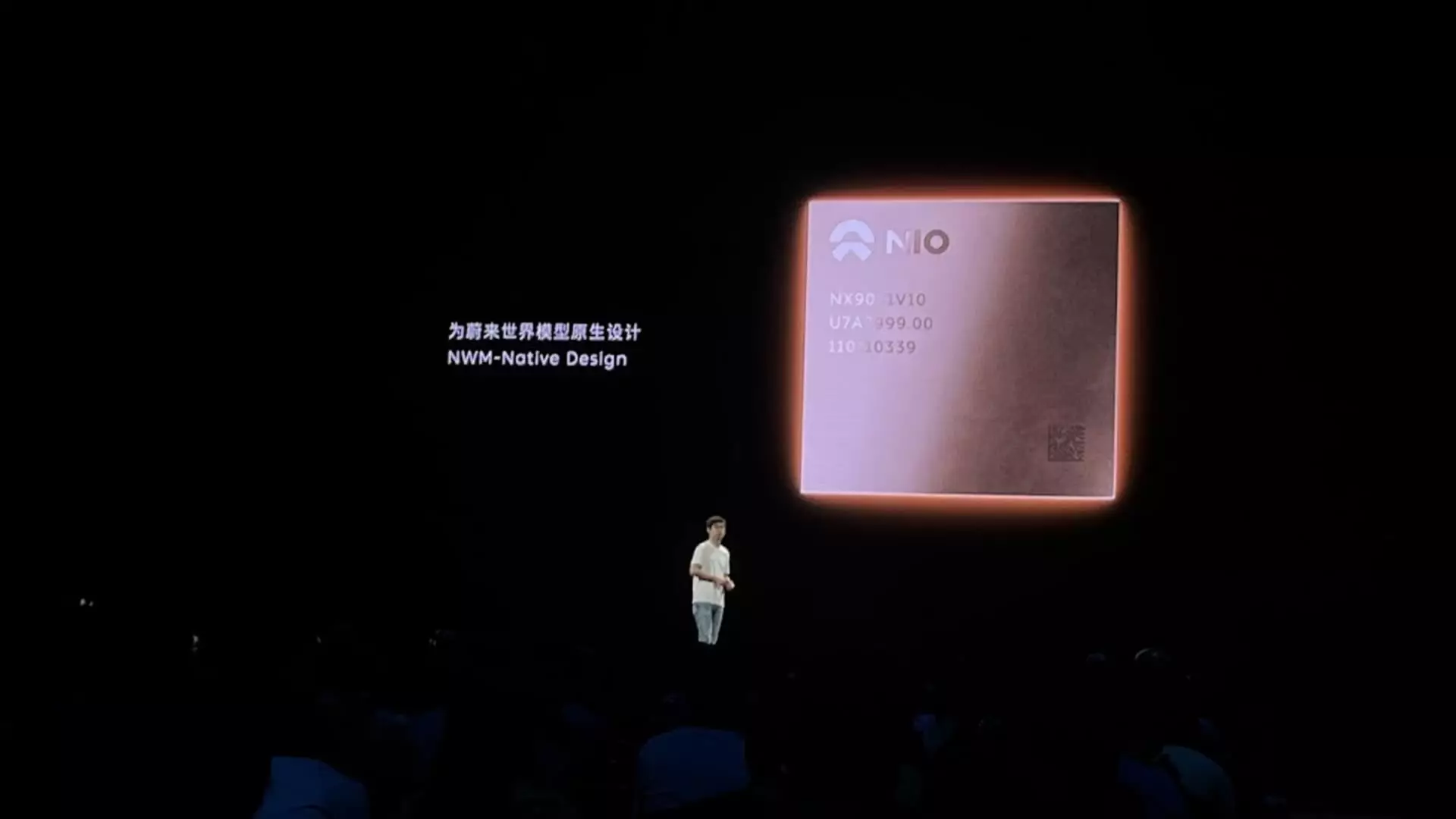The Chinese electric car industry is currently witnessing a shift towards in-house designed auto chips, with companies like Nio and Xpeng leading the way. This development marks a significant departure from the reliance on Nvidia chips that many electric car makers in China have had in the past. The move towards in-house chips is driven by the need to differentiate products and reduce supply chain risks from geopolitical tensions.
Chinese electric car companies are already engaged in an intense price war, and now they are turning their attention to technology features powered by chips, such as driver-assist functions. Companies like Nio and Xpeng have announced their readiness to start production of their own auto chips, signaling a new era in the industry. The competition to design and implement these chips is expected to intensify in the coming years.
The success of Tesla in developing full-self driving capabilities has played a significant role in driving Chinese automakers to focus on self-development of system-on-chip technology. By designing their own chips, these companies can customize features and reduce reliance on external suppliers. The shift towards in-house chips is also influenced by increasing demand for driver-assist technologies, which rely heavily on artificial intelligence.
Nio’s announcement of the NX9031 chip, which uses highly advanced 5 nanometer production technology, showcases the cutting-edge capabilities of Chinese electric car companies. This technological breakthrough represents a significant milestone in the domestic intelligent driving chip research and development. Xpeng’s driver-assist technology, considered one of the best in China, further highlights the industry’s commitment to innovation and progress.
Chinese electric car companies like Xpeng are setting their sights on becoming global players in the artificial intelligence car market. With plans to partner with established chip manufacturers like Nvidia while also developing in-house chips, these companies aim to compete on a global scale. Access to computing power and cloud computing capacity is seen as a strategic advantage in training and implementing driver-assist technologies.
Government incentives and regulations, from subsidies to support for building battery charging networks, have played a crucial role in the growth of electric cars in China. The increasing focus on driver-assist technologies raises questions about the impact of U.S.-China tech competition on the industry. In-house developed auto chips offer a way for Chinese automakers to navigate these challenges and establish themselves as leaders in the global market.
The rise of in-house designed auto chips in the Chinese electric car industry signals a new era of innovation and competition. Chinese automakers are investing in cutting-edge technology to differentiate their products and navigate geopolitical challenges. As the industry continues to evolve, the development of in-house chips will play a critical role in shaping the future of electric cars in China and beyond.


Leave a Reply